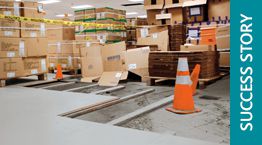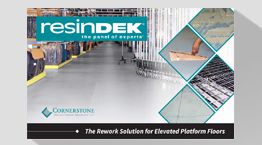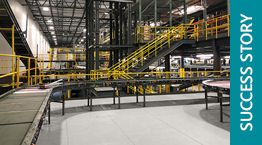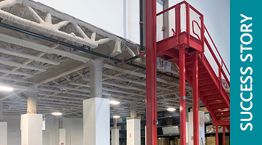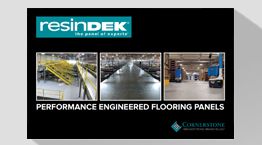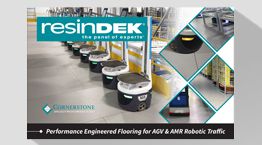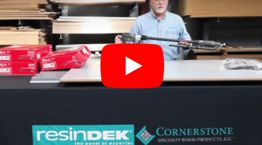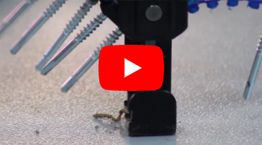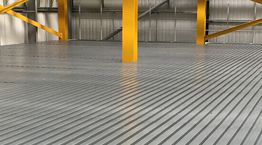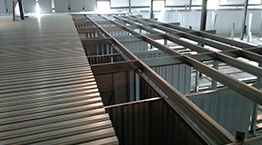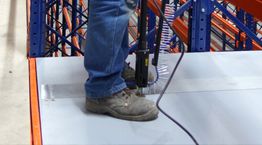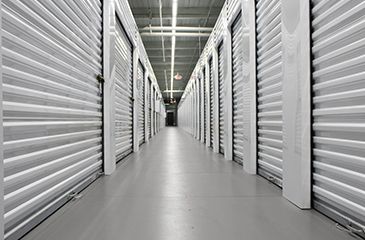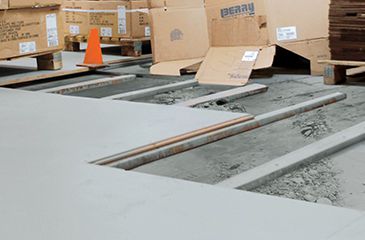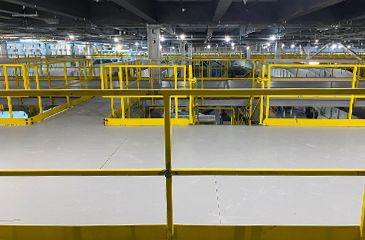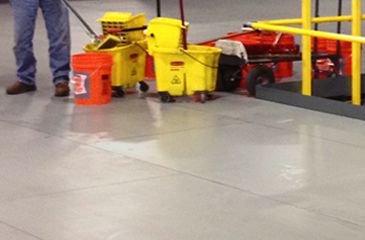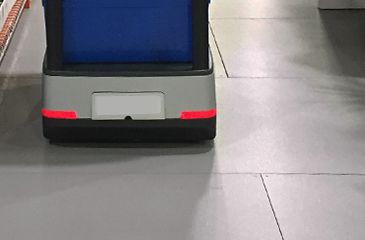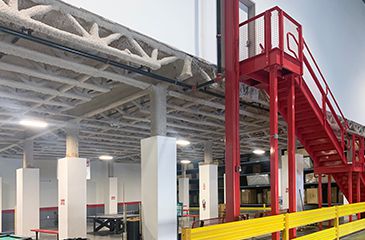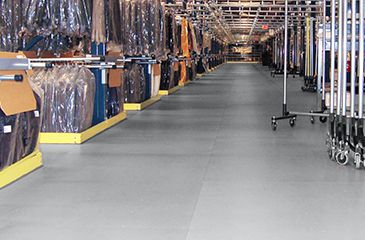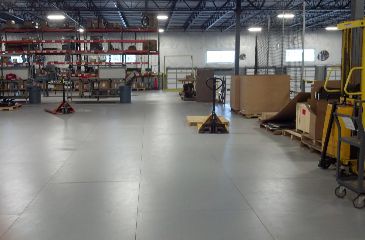
History of Industrial Work Platforms in the United States
AUG 4 2021 | Manejo de materiales
In the 1960's and 1970's, Industrial Work Platforms (traditionally referred to as mezzanines) were often used as a place to store items that were seldom used or looked at. Often times the goods on the elevated platforms were difficult to access, were dark because of poor lighting, could not support heavy rolling loads, and safety was a concern. Fortunately, companies in the Manejo de materiales industry changed the functionality of mezzanines. Vertical Reciprocating Conveyors (VRC's) were introduced in the early 1980's thus paving the way to safely raise and lower products or supplies in facilities from one level to another. In 1994, ResinDek® solid surface flooring was engineered and developed to support heavy rolling loads while offering an ergonomic component making it easier for employees to work and walk on. Safety Gates were introduced in the 90's to protect employees from falling while loading and unloading goods from elevated platforms. The introduction of higher load carrying capacities flooring and enhanced guarding has permitted the use of electric pallet trucks, Robots AGV y AMR and automatic guided vehicles to transport very heavy goods across elevated surfaces with dramatically improved efficiencies.
Elevated structures today are so much more versatile than 40 years ago. Because of the multitude of enhancements, industrial work platforms can be used for picking, packing, sortation, manufacturing, rolling heavy loads, conveyor support, and dramatically greater efficiency in the automated transportation of goods from one portion of a distribution center to another.
The increased utility of industrial work platforms in recent years has led to a much wider use case for these structures. Accompanying the increased acceptance has been an overall increase in their size. In the 1970's, it was relatively rare to encounter an elevated structure that was 30,000 sf in size. Today, industrial platform flooring are commonly over 100,000 sf, and structures have been recently built that extend to nearly 1 million sf in area. Companies have traditionally had to limit the footprint of these structures to be one-third of the floor space of the floor below. Today, single, and multilevel structures are being constructed that can cover up to two thirds of the floor space with proper design, thus making better use of all 3 dimensions of their fulfillment and distribution centers. Worldwide leaders in the distribution of goods via conventional warehouses and e-commerce alike have recognized that multi-level dc's are essential to their efficiency. The innovations in the design and construction of Industrial Work Platforms over the last 4 decades has led to a virtuous cycle of the need for more and larger use of this type of structure in Manejo de materiales environments. This portends well for the future health and growth of Industrial Work Platforms as a key design element of efficient fulfillment centers in the United States and around the world.
To find out how ResinDek engineered flooring panels can support heavy rolling loads and be ergonomically easier to work on contact us today.
ADDITIONAL BLOG POSTS
SEP
14
2021
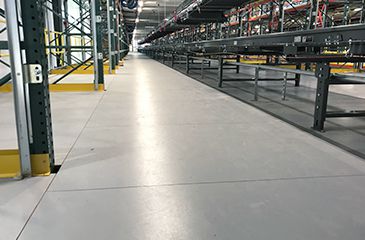
Manejo de materiales, Robots AGV y AMR, Autoalmacenaje
Three Reasons Why Your Industrial Mezzanine Floors Should Have IAPMO Validation
AUG
31
2021
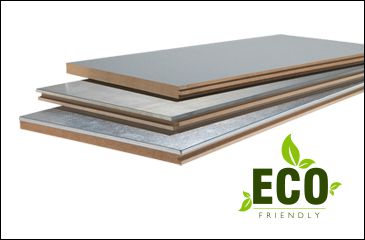
Manejo de materiales, Robots AGV y AMR, Autoalmacenaje
How Warehouse Mezzanine Flooring Earns Credits for LEED® Certification
JUN
29
2021
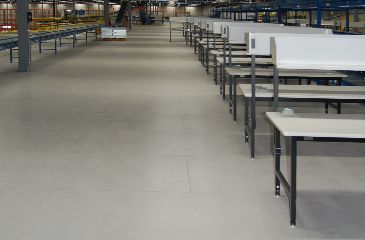
Manejo de materiales, Robots AGV y AMR, Autoalmacenaje
Mezzanine Floors: Strong, Sustainable, Speedy, Safe, Spacious
JAN
24
2021
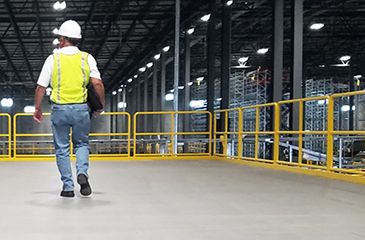
Manejo de materiales, Robots AGV y AMR, Autoalmacenaje
Study Finds ResinDek® Flooring 34% More Cost Effective Than Concrete
MAY
31
2019
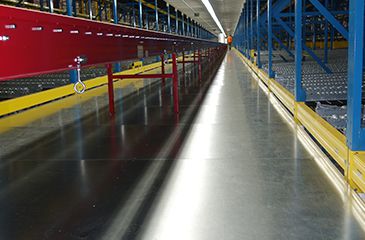
Manejo de materiales, Robots AGV y AMR, Autoalmacenaje
New ResinDek with MetaGard® Finish: Our Strongest Surface Option Yet
MAY
21
2018
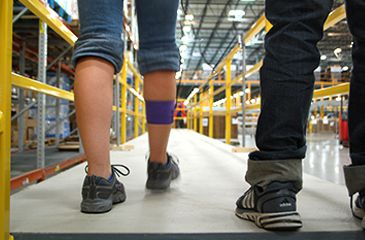
Manejo de materiales, Robots AGV y AMR, Autoalmacenaje
The Ergonomic Dangers of Concrete Flooring (And How ResinDek® Floors Can Help)

